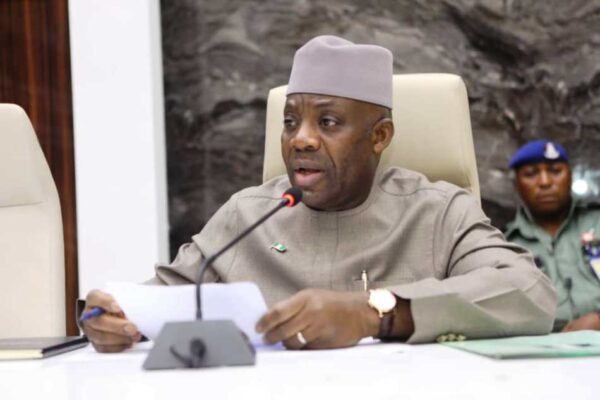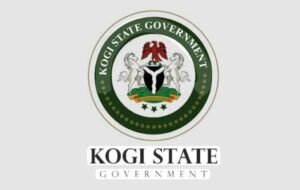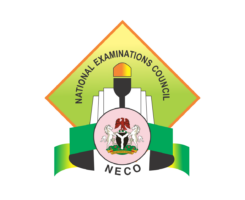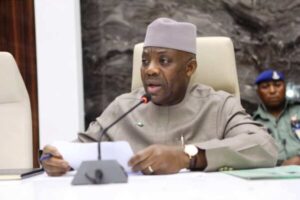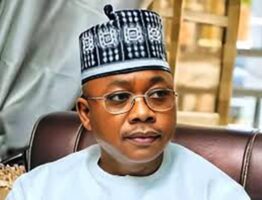Minister of Education, Tunji Alausa, has strengthened Nigeria’s push to complete its long-delayed National Library headquarters with a strategic visit to the Qatar National Library (QNL) in Doha.
Dr Alausa, who is attending the World Innovation Summit for Education (WISE), was received by Hamad Bin Abdulaziz Al-Kuwari, State Minister with the rank of Deputy Prime Minister and President of QNL. The visit forms part of renewed efforts to modernise and complete the National Library of Nigeria — an 11-storey project conceived in 1981 but left unfinished for more than four decades.
After years of stalled construction due to financial constraints and escalating costs, the project has gained momentum in recent months. In September 2025, the First Lady, Senator Oluremi Tinubu, CON, launched a fundraising campaign that has so far generated more than ₦25 billion from private donors, corporate bodies and government stakeholders. President Bola Ahmed Tinubu, GCFR, has also authorised the release of additional public funding, enabling contractors and consultants to return to site.
Dr Alausa described the Qatar National Library as a global gold standard Nigeria hopes to emulate as it works to deliver a modern, 21st-century national repository. He highlighted QNL’s leading features, including advanced digital systems, innovation stations, heritage and preservation laboratories, extensive research collections, and world-class architectural design.
“These specialties provide valuable models that will guide Nigeria’s vision to deliver a world-class National Library of the highest standard,” the Minister said.
He confirmed that Nigeria is finalising a Memorandum of Understanding with QNL. The agreement will cover technical cooperation on operational systems, digital services, archival science, and preservation; support for modern architectural and technological standards; staff capacity building; and the adoption of innovative technologies to improve public access and service delivery.
The partnership aims to position the National Library of Nigeria as a premier hub for knowledge, research, learning and cultural preservation — comparable to globally renowned institutions such as the Library of Congress.
Dr Alausa reaffirmed the Federal Government’s commitment to completing a modern, functional and future-ready National Library, ensuring broad access to physical and digital resources while safeguarding Nigeria’s cultural heritage for generations to come.

